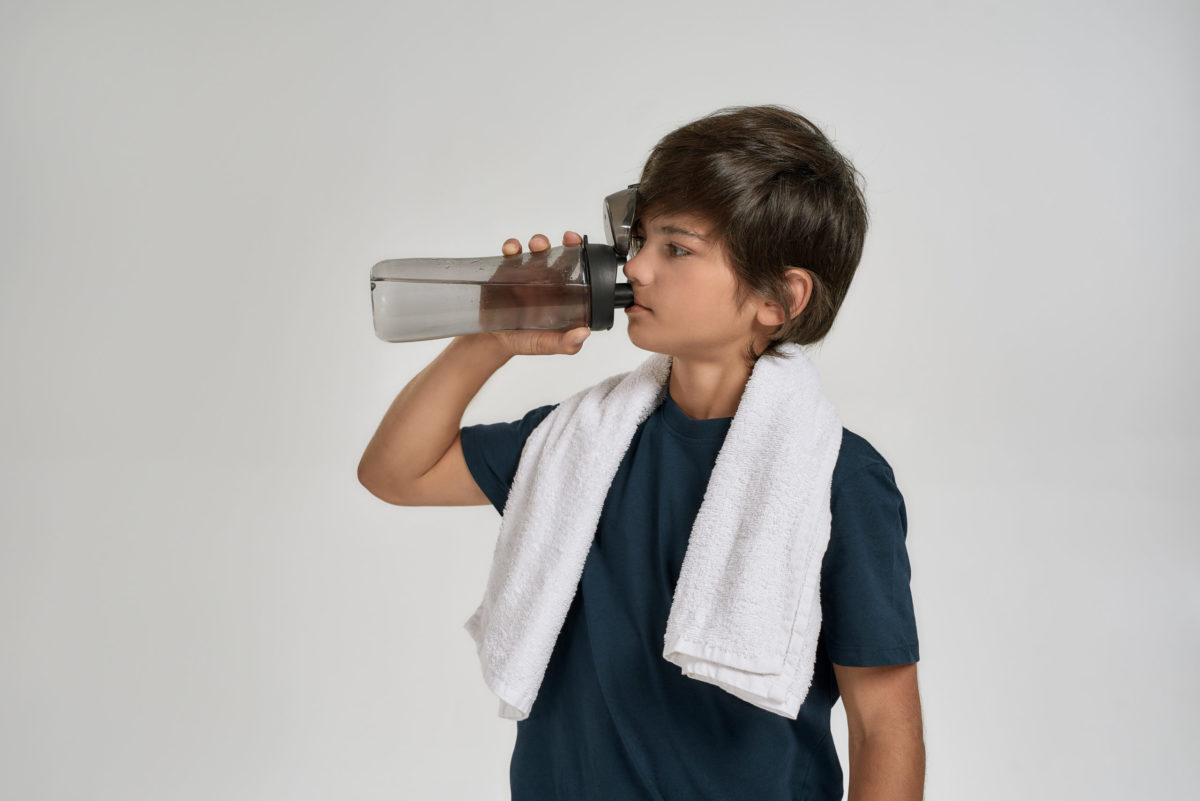Energy drinks at our sports camps – where do we stand?

Worryingly approximately 1 in 20 children have an energy drink before, or as, breakfast every day.
At Activate Camps we champion a future where the next generations lead a healthy and active lifestyle, so news like this is quite concerning.
As part of our role, we help children to realise what they should put into their bodies and what they should avoid. We love food and drink but we want it to be the right energy they consume. The importance of this extends to what we as parents give our children and allow them to eat at home.
“It’s a sports camp – of course they need lots of energy?”
We’ve heard it so many times. You might think that it’s perfectly okay to send your child to a sports camp fuelled by (or with) energy drinks, but before you do, here’s a little more information to help you decide whether that’s actually the best thing for your child or teen.
Did you know that one can of energy drink, such as Red Bull, Monster or Relentless contains as much as 13 teaspoons of sugar and 160mg of caffeine.
Put into perspective, this is the same as having four cans of Coca-Cola.
Did you know that one single can of Red Bull would give a marathon runner like Paula Radcliffe enough energy to complete a 26.1mile course?
Whilst our childcare camps include plenty of varied fun, much of which includes active play, whether football, cricket or even performance running, the adverse effects of such an intake not consumed by the body through energy are less than ideal. It can be stored as sugars and ultimately fat in their bodies or worse have damaging effects to children’s concentration and ability to perform.
Instead consider, what they really need in their bodies for fuel and nutrition.
Water is vital to sports performance. It helps to lubricate and cushion joints, protects the spinal cord and other sensitive tissues. It aids the body in removing waste including perspiration. It’s incredible and it’s free!
Drinks such as Lucozade contain caffeine and sugars which children generally do not need. Clever marketing by the companies manage to brainwash us all into thinking that it is better than water and they do this by saying that it ‘hydrates and fuels your body better than water’.
Drinking too many of these, especially when not performing vigorous exercise, can increase the risk of overweight/obesity and other health problems such as type 2 diabetes and cardiovascular disease.
“We encourage all children to bring a re-fillable water bottle to our sports and activity camps, alongside a healthy nutritious lunch, where it isn’t provided by us.”
Comments Tom Swainston, Head of Camps.
Regular consumption of sports drinks by children, for social reasons, could be having a detrimental effect on their health concludes the Faculty of Sport and Exercise Medicine (FSEM) UK.
Additionally, a survey by Cardiff University School of Dentistry[i], published in the British Dental Journal, showed a high proportion of 12-14 year olds are regularly consuming, high sugar, sports drinks unnecessarily:
- 89% of school children are consuming sports drinks with 68% drinking them regularly (1-7 times per week)
- Half claimed to drink sports drinks for social reasons
- The high sugar content and low pH of sports drinks increases the risk of obesity, type 2 diabetes, heart disease and the erosion of tooth enamel
- Most sports drinks are purchased by children in local shops at value prices
Activate Camps are a leading UK provider of active and inspiring childcare across the UK, including fun-filled sports development camps and residential camps. Available nationwide. Childcare vouchers accepted.